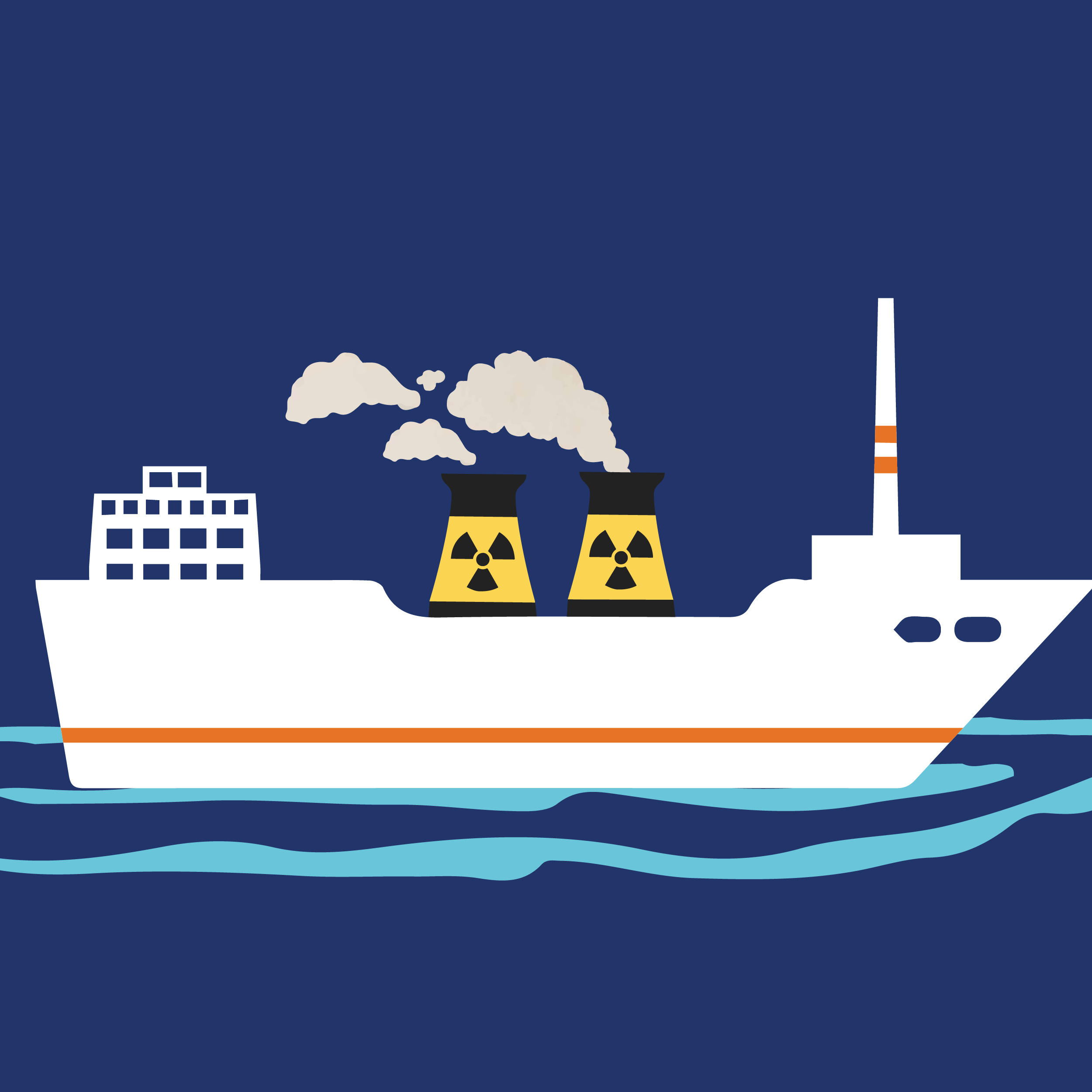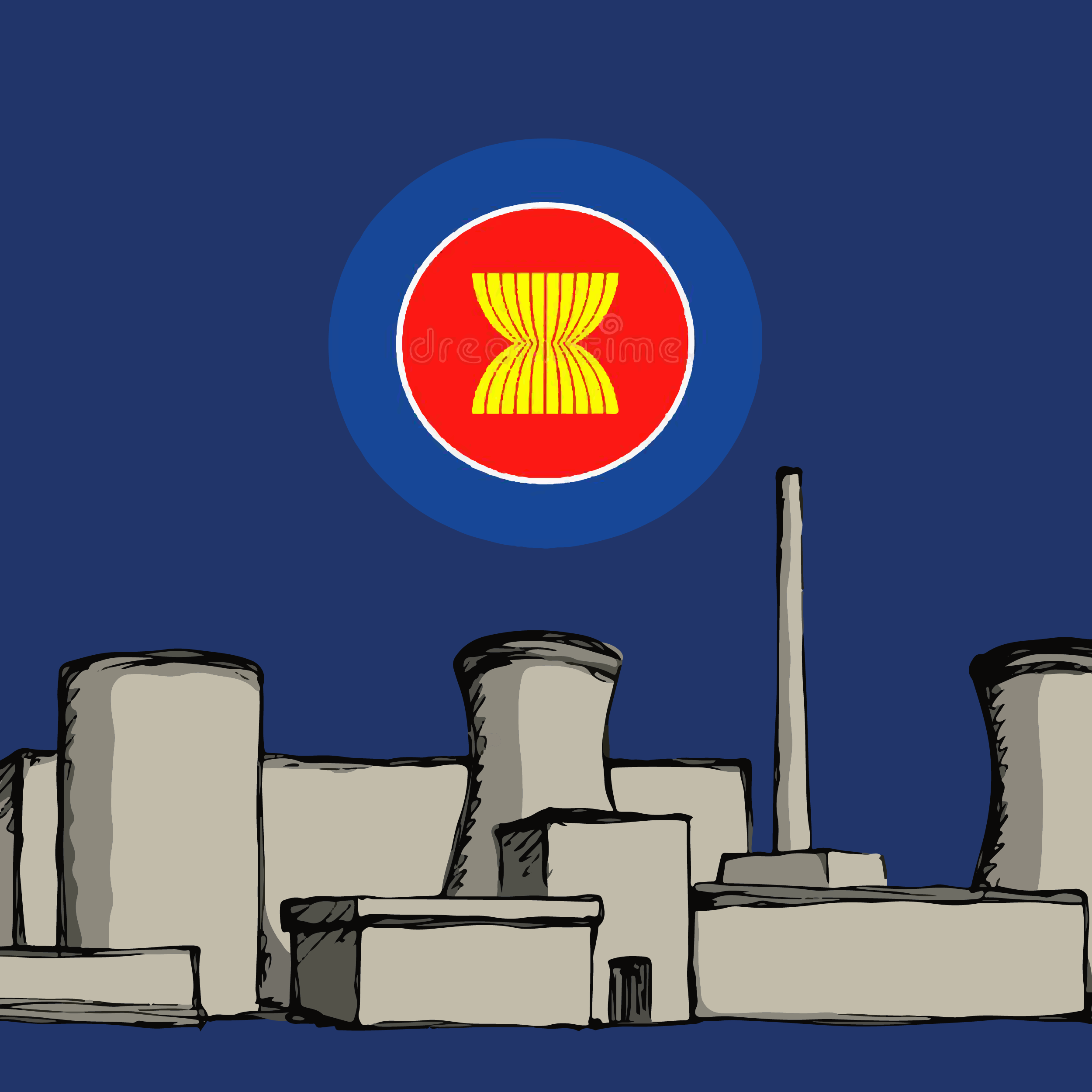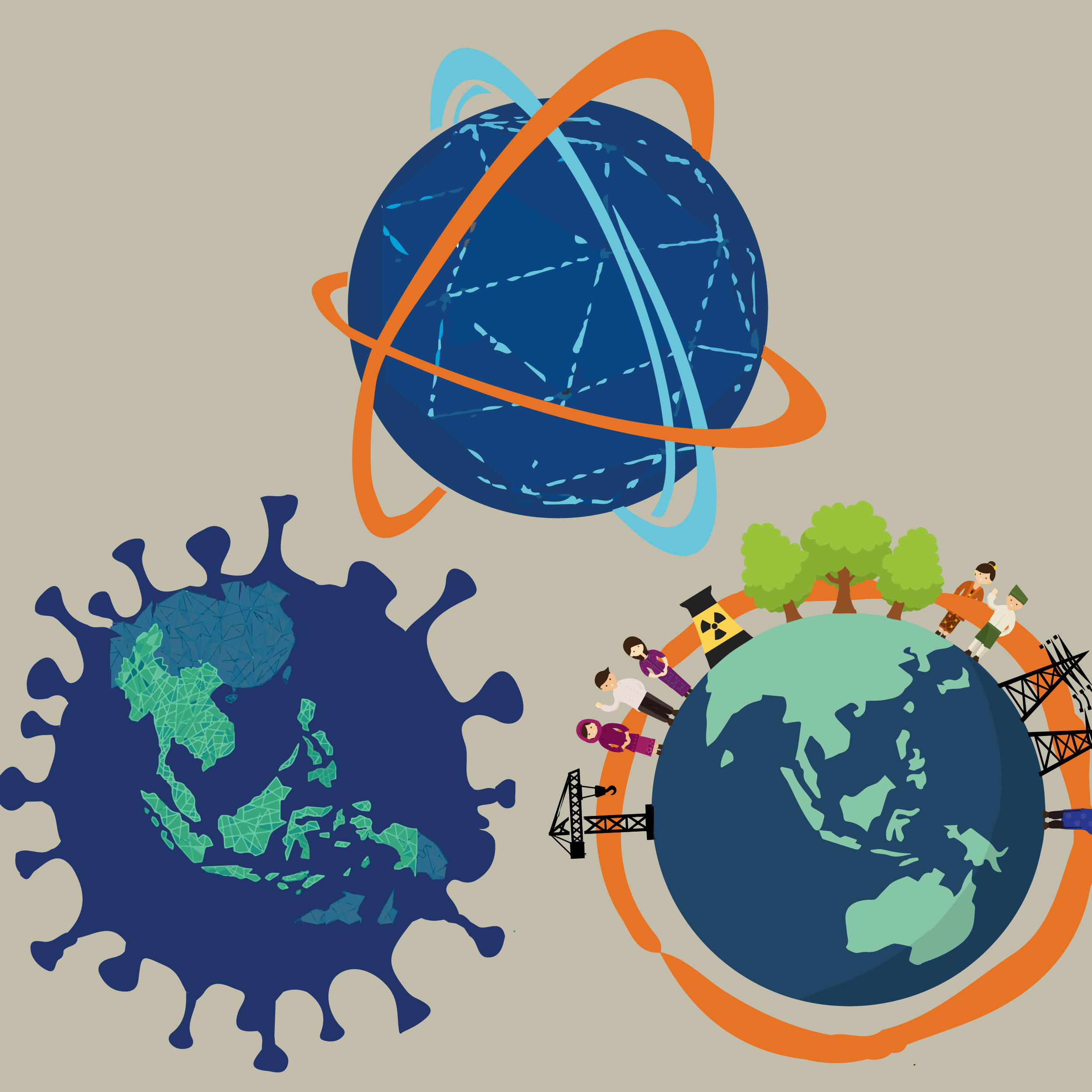Overview
Within Southeast Asia, certain Member States of the Association of Southeast Asian Nations (ASEAN) have plans and are taking steps to develop nuclear power plants as part of their long-term energy planning. While some ASEAN Member States are taking steps towards adopting a national position for a nuclear power programme, to date, none have made the political decision to do so. Given that nuclear power involves a complex and politically sensitive policy process, its prospects in this region have waxed and waned. Nonetheless, there are projections that Southeast Asia's nuclear power capacity may be a reality by 2040. Historically, energy security has been the region's main impetus for exploring alternative energy sources, including nuclear energy. More recently, ASEAN has acknowledged that climate considerations are also challenging ASEAN to explore the potential of nuclear energy to contribute to the clean energy transition, given its low-carbon credentials.
Within this context, the CIL Nuclear Law and Policy Team has been carrying out legal and policy-oriented research and research activities in the area of nuclear governance at both the international level and the ASEAN level. Nuclear governance covers the spectrum of what is commonly known as the 3Ss, namely, nuclear safety, security and safeguards, as well as non-proliferation, distinct yet interrelated concepts. Following the 2011 Fukushima Daiichi nuclear accident, the world was reminded that nuclear liability forms an intrinsic part of nuclear safety. At the ASEAN level, the Team's research focuses on understanding and documenting the different aspects of the governance regime and its relationship to the international regime.
Current work streams focus on governance issues related to (i) transportable (floating) nuclear power plants, an area that cuts across both nuclear and ocean governance; (ii) operationalising the modernised international nuclear liability regime; and (iii) ASEAN nuclear governance. Other research areas relate to the use of environmental assessments to promote transboundary consultation on nuclear-power-related developments within Southeast Asia and topical areas concerning the nexus between nuclear energy, climate change and sustainable development and the nexus between public health emergencies and the nuclear threat.
The CIL Nuclear Law and Policy Team also produces its own podcast series, Nuclear Matters at CIL. This podcast series seeks to share research and contribute to capacity building within the Southeast Asia region on law and policy issues of international importance and regional relevance. The CIL Nuclear Law and Policy Team maintains a dedicated Twitter account @CIL_Nuclear. It provides updates on the Team's research and/or research activities and shares information on developments of relevance to nuclear governance at both the international and ASEAN levels.






